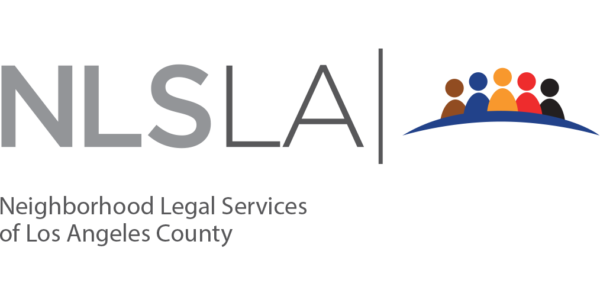NLSLA’s New Medical Legal Community Partnership Brings Remarkable Results
While Martin* was bed-bound in a convalescent home—without a car, without a cellphone, and without any family or friends—he was served with an eviction notice for his longtime, rent-controlled apartment. Martin is 60 years old and has numerous debilitating health issues, including kidney cancer, congestive heart failure, and diabetes that has led to amputations. Someone he had considered a friend had convinced him to hand over $14,500 in retirement savings, promising to open a bank account on Martin’s behalf and instead absconding with the money. He had been unable to pay his rent since he was hospitalized, and he was terrified of losing his home. He called his apartment manager in the hopes of explaining his medical situation. Shortly after the call, Martin’s landlord served him with an eviction notice.
The convalescent home connected Martin to a social worker who had recently been trained to recognize housing issues impacting patient health as part of our new Kaiser Permanente Medical Legal Community Partnership at the LA Medical Center. The partnership, which launched early this summer, is focused on helping vulnerable Kaiser patients stay housed.
The social worker referred Martin to the Kaiser/NLSLA MCLP. He had just a couple days to respond to an unlawful detainer summons, and we helped him to file an answer. Then we connected Martin to an NLSLA housing attorney who could represent him in the eviction case, while the MLCP team set about locating the friend who had taken the money.
In order to better communicate with Martin in-between visits to the convalescent home, NLSLA attorneys went to his apartment to locate his cellphone and collect other items he needed, like his wallet. The attorneys quickly realized that Martin struggled with hoarding issues—a problem that his landlord would later bring up in the eviction case.
Working together, our MLCP and housing attorneys negotiated a settlement with the landlord that allowed Martin to keep his home. The housing attorney secured eviction defense funds to help him pay back rent and cover the cost of a professional cleaning. MLCP attorneys got back his $14,500 and are helping him to open a bank account and set up direct deposits for his monthly retirement checks.
Our partnership with Kaiser had been operating for less than a month when we got the referral to help Martin. His case clearly demonstrates the power of collaborating with medical professionals, especially in the midst of a housing and homelessness crisis.



